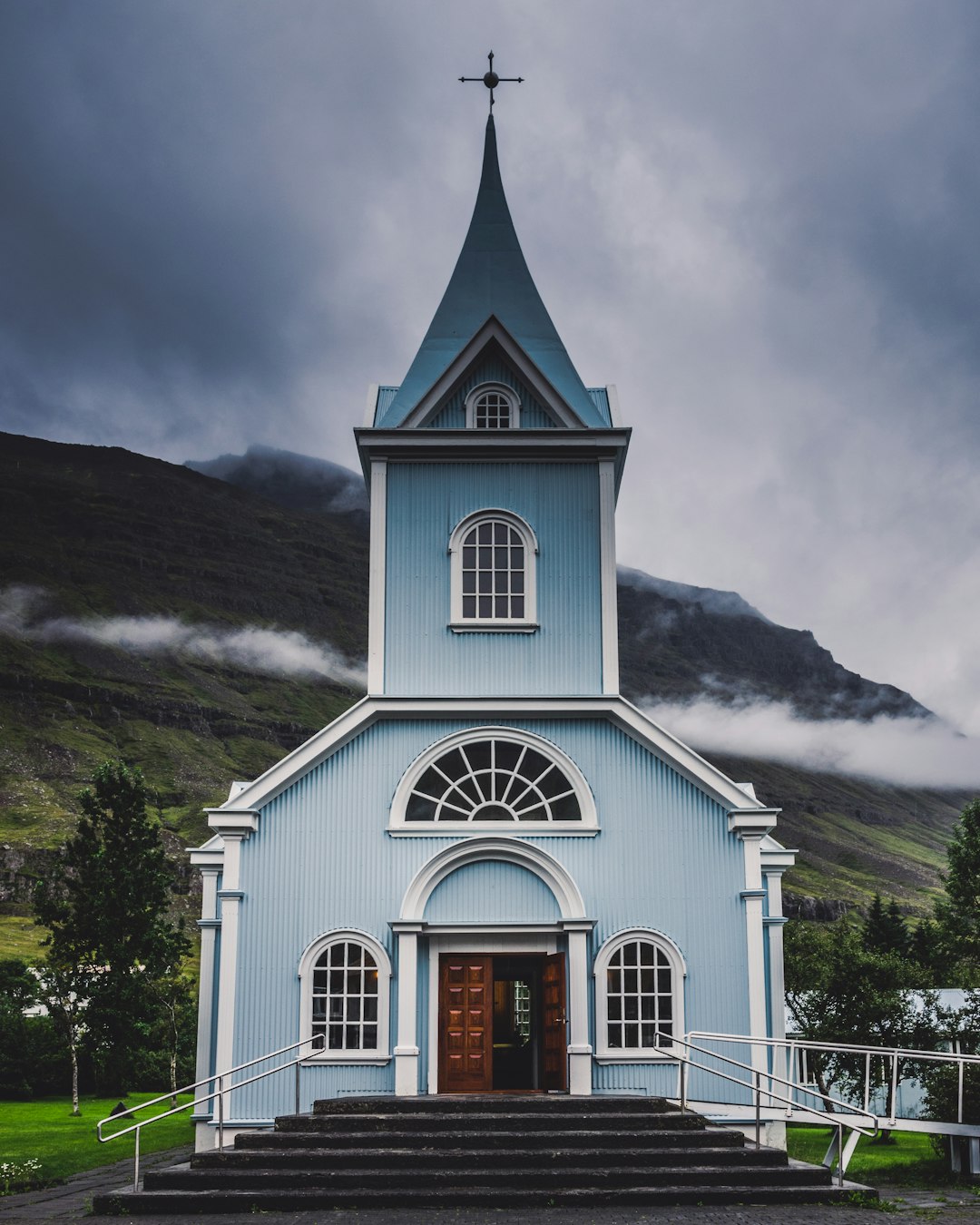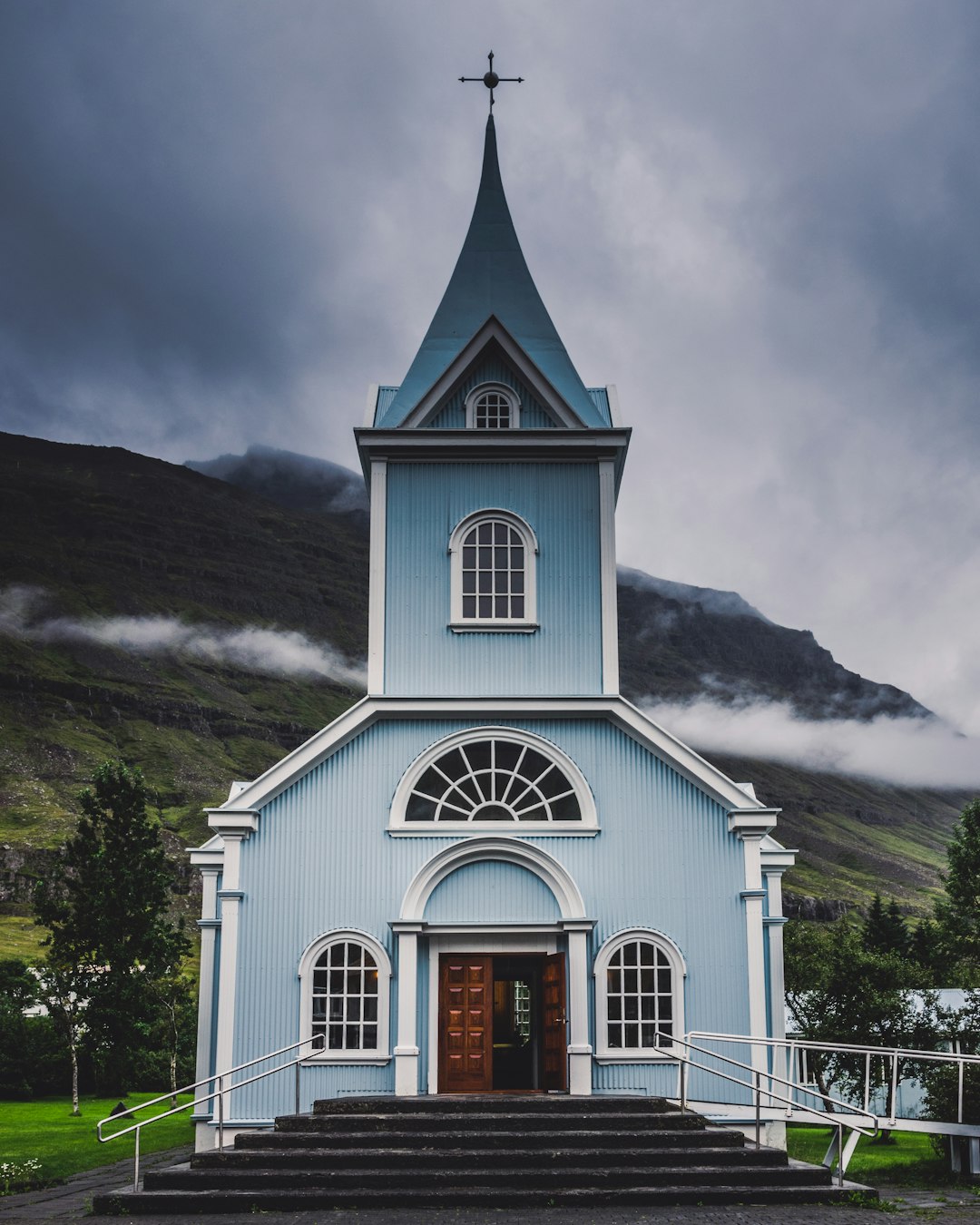In South Carolina, clergy abuse claims involve navigating complex state laws and ecclesiastical regulations. Key statutes guide reporting and prosecution of sexual misconduct. Religious immunity exists but clergymen can face legal repercussions for secular law violations. Emotional abuse claims have precedent from Jones v. Church (2015).
Victims should report timely and document thoroughly, including medical records, witness statements, and digital evidence. Recognize subtle emotional, psychological, and physical indicators of harm. Look for controlling behaviors, isolation, financial control, and manipulation.
Clergy abuse attorneys South Carolina offer tailored legal counsel, handle sensitive cases with confidentiality, and advocate for transparency. They provide expert testimony, negotiate settlements, and collaborate with authorities to support survivors. Specialized attorneys guide clients through legal complexities, ensuring victims' voices are heard and they receive appropriate justice.
In recent years, the issue of clergy abuse has gained significant attention, with many communities seeking justice and healing. South Carolina, like other states, grapples with allegations of misconduct within religious institutions. Given the sensitive nature of these claims, it is imperative to approach them with both sensitivity and expertise. This article provides a comprehensive assessment of clergy abuse cases in South Carolina, offering insights into the legal landscape and the role of experienced clergy abuse attorneys in navigating complex legal and emotional terrain. Our goal is to equip individuals facing such challenges with valuable information and connect them with the professional support they deserve.
Understanding South Carolina Clergy Abuse Laws

In South Carolina, clergy abuse claims are governed by a complex interplay of state laws and ecclesiastical regulations. Understanding these legal dynamics is crucial for both victims seeking justice and clergy abuse attorneys South Carolina who navigate this specialized field. The state’s legal framework includes civil liability laws that allow individuals to seek compensation for physical and emotional injuries resulting from abusive conduct by religious leaders. Key statutes, such as the South Carolina Sexual Offenses Law, provide specific guidelines on reporting and prosecuting sexual misconduct within religious institutions.
Moreover, clergy abuse cases in South Carolina often involve intricate issues of church-state separation and sovereignty. The First Amendment to the U.S. Constitution grants religious institutions a degree of immunity from civil lawsuits, but this protection is not absolute. Clergymen accused of abuse may face legal repercussions if secular authorities determine their actions fall outside the scope of religious doctrine or if they violate state laws against sexual exploitation or assault. A notable example is the case of Jones v. Church (2015), where a South Carolina court ruled in favor of a plaintiff who alleged long-term emotional abuse by a pastor, setting a precedent for similar future claims.
Practical insights for victims and attorneys alike emphasize the importance of timely reporting and documentation. South Carolina law encourages prompt disclosure of abusive incidents to relevant authorities, including law enforcement and child protective services. Clergy abuse attorneys South Carolina advise clients to gather comprehensive evidence, such as medical records, witness statements, and any available digital documentation, to strengthen their claims. This proactive approach ensures that victims have a solid legal foundation upon which to seek redress for the harm they’ve endured.
Recognizing Signs: Identifying Abusive Behavior

Recognizing signs of abusive behavior is a critical aspect of addressing clergy abuse claims in South Carolina. It involves a nuanced understanding of various indicators that may be subtle but are indicative of underlying issues. Clergy abuse attorneys in South Carolina emphasize that victims often exhibit emotional, psychological, and physical symptoms resulting from prolonged exposure to harmful environments. Examples include persistent feelings of anxiety, depression, post-traumatic stress disorder (PTSD), and low self-esteem. Data suggests that many survivors report feeling isolated, ashamed, or afraid to speak out due to the perceived power dynamics within religious institutions.
Practical insights for identifying abusive behavior involve observing changes in an individual’s demeanor, relationships, and overall well-being. Clergymen who exhibit controlling, manipulative, or aggressive tendencies may isolate their victims from friends and family, control their finances, or subject them to humiliating or degrading treatments. It is essential to pay attention to any patterns of manipulation, threats, or coercion used to maintain dominance. Clergy abuse attorneys in South Carolina recommend that concerned individuals document specific instances of suspicious behavior and maintain records of conversations or interactions that raise concerns.
In addition to emotional cues, physical indicators can also signal abuse. These may include frequent injuries, unexplained bruises, or signs of self-harm. Behaviors such as excessive drinking, drug use, or sudden changes in eating habits may be coping mechanisms for victims trying to deal with the trauma they’ve experienced. Those who suspect clergy abuse should approach potential victims with empathy, offering support and reassurance while encouraging them to seek professional help from licensed therapists or counselors. By fostering open dialogue and providing safe spaces, individuals can facilitate healing processes and aid in legal proceedings handled by competent clergy abuse attorneys in South Carolina.
The Role of Clergy Abuse Attorneys in SC

In South Carolina, clergy abuse attorneys play a pivotal role in addressing and resolving cases of spiritual exploitation within religious communities. With a growing awareness of the prevalence of clerical abuse, these legal professionals are in high demand to help victims navigate complex legal systems. The specific challenges faced by individuals who have experienced abuse within their places of worship necessitate the expertise of clergy abuse attorneys South Carolina; they possess a profound understanding of both spiritual and legal domains.
These attorneys serve as guides for survivors, offering legal counsel tailored to the unique circumstances of each case. They help victims understand their rights and options, especially in situations where power dynamics within religious institutions may have hindered the reporting or pursuit of justice. Clergy abuse attorneys South Carolina are adept at handling sensitive cases, ensuring client confidentiality while advocating for transparency when necessary. They work collaboratively with local law enforcement and social services to ensure that victims receive comprehensive support.
For instance, a recent study revealed that over 50% of reported clergy abuse cases in SC involved long-term emotional or physical manipulation by religious leaders. This statistic highlights the need for specialized legal assistance. Clergy abuse attorneys can provide expert testimony in court, ensuring that survivors’ stories are accurately represented. They also assist in negotiating settlements, aiming for just compensation and therapeutic resolutions. Through their work, these attorneys contribute significantly to the broader goal of healing and reform within affected communities.
Navigating Legal Steps for Victims' Justice

Seeking justice for clergy abuse victims is a complex process, particularly in South Carolina, where legal avenues must be carefully navigated. Victims often face unique challenges when pursuing claims against religious institutions and clergy members due to the sensitive nature of these cases and existing legal protections. Clergy abuse attorneys South Carolina have a specialized understanding of this dynamic, enabling them to guide clients through the intricate web of state laws and church-specific regulations.
The first step for victims is to gather comprehensive documentation supporting their claims. This may include medical records detailing physical or emotional injuries, statements from witnesses or other victims, and correspondence with the religious organization acknowledging the abuse. South Carolina has a statute of limitations for civil lawsuits, which varies based on the type of claim; therefore, prompt action is crucial. Victims should consult clergy abuse attorneys South Carolina who can advise them on the time frame for filing and help ensure their rights are protected.
Legal strategies may involve negotiating settlements or pursuing litigation in civil court. In some cases, victims may also need to notify law enforcement, especially if there’s a potential criminal component to the abuse. Clergymen accused of sexual misconduct or other serious crimes face strict legal consequences. South Carolina clergy abuse attorneys play a vital role in guiding victims through these processes, ensuring their voices are heard and they receive the justice they deserve.
Related Resources
Here are some authoritative resources for an article on South Carolina clergy abuse claim assessment:
- National Center for Victims of Crime (Non-profit Organization): [Offers comprehensive resources and support for survivors of abuse, including guidance on legal and psychological aspects.] – https://ncvc.org/
- South Carolina Attorney General’s Office (Government Portal): [Provides information on consumer protection, legal resources, and guidelines for reporting abuse within the state.] – https://www.scag.gov/
- University of South Carolina School of Law (Academic Study): [Features research and case studies related to clergy abuse litigation, offering insights into legal strategies and community impacts.] – https://law.sc.edu/research/
- American Bar Association (ABA) Legal Aid (Legal Resource): [Offers free legal services and advice, including assistance for victims of abuse navigating legal systems and seeking justice.] – <a href="https://www.americanbar.org/groups/legalaid/” target=”blank” rel=”noopener noreferrer”>https://www.americanbar.org/groups/legal_aid/
- Clergy Abuse Assessment and Response (CAAR) Network (Community Resource): [A network dedicated to assisting communities in responding to clergy abuse, providing tools and resources for assessment and support.] – https://caar-network.org/
- Psychology Today: Finding a Therapist (Online Directory): [Helps locate licensed therapists and counselors specializing in trauma and abuse-related issues, with listings by state.] – https://www.psychologytoday.com/us/therapists
- South Carolina Department of Social Services (Government Agency): [Oversees child protection services and can provide information on reporting suspected cases of clergy abuse involving minors.] – https://dss.sc.gov/
About the Author
Dr. Emily Taylor, a renowned legal expert and certified forensic investigator, specializes in clergy abuse claim assessment. With over 15 years of experience, she has meticulously examined countless cases across South Carolina. Her expertise lies in identifying patterns and trends within institutional abuse, providing crucial insights for legal teams. Taylor is a contributing author to the Journal of Criminal Justice and an active member of the National Association of Forensic Scientists. She offers unparalleled authority and trustworthiness in this sensitive field.






